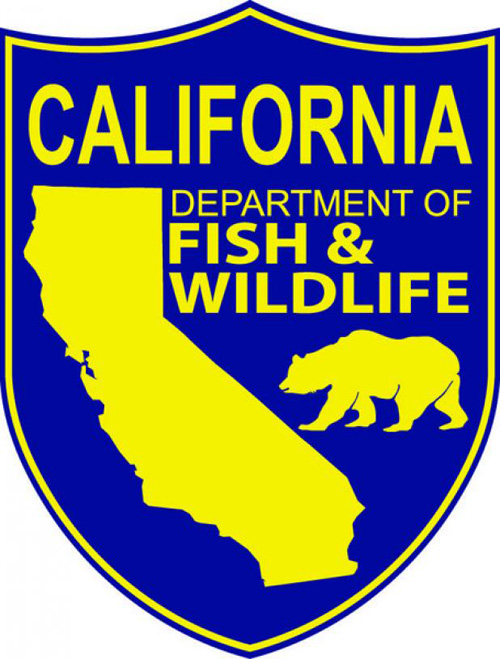
Your Source for Outdoor Adventure
Northern California and Southern Oregon
Question: If I catch an undersized fish that swallows the hook so deep that it starts to bleed from
by Carrie Wilson
7-15-2010
Website

Question: If I am trying to attract fish to a spot to fish for them, can I sink some chum there? I would tie the chum to a rope that's connected to a buoy, throw it overboard and then let it soak. In a couple of hours I'd come back and first retrieve my chum, rope and buoy, and then would fish on that spot. Is there any problem with this? (Ricky Z.)
Answer: Chumming in inland waters is generally illegal, but in the following locations (CCR Title 14, Section 2.40), it is allowed:
1. The Colorado River District, where only the approved bait fishes for the District may be used as chum (CCR Title 14, Section 4.15) except in the Salton Sea, where corn may also be used.
2. The Carquinez Strait and Suisun Bay and their tributaries and saltwater tributaries
. 3. The Sacramento River and tidewater of tributaries downstream from Interstate 80 bridge.
4. The San Joaquin River and tidewater of tributaries downstream from Interstate 5 bridge.
Chumming is defined as placing any material in the water, other than on a hook while angling, for the purpose of attracting fish to a particular area in order that they may be taken (CCR Title 14, Section 1.32). Chumming is not prohibited in the ocean.
Question: I have been hiking upstream though a riverbed to fish the Sespe River in the Los Padres National Forest. A man who thinks he owns the river told me that I'm trespassing. What are my rights and what is the best way to show him I know it is my right to stay on the river in order to pass through "his property"? (Kyle L.)
Answer: It is possible that the man is accurate and you are trespassing. According to Department of Fish and Game Ret. Captain Phil Nelms, generally, surface water belongs to the state but stream and lake bottoms and shorelines are often in private ownership. Property rights questions are only minimally covered in California Fish and Game laws and the circumstances you describe are not included. You will probably need to speak with an attorney or other person licensed to provide legal advice for a solution you can rely on with confidence.
Question: Why will I get a citation if I have a nocked arrow in or on a vehicle?
Answer: The regulations say no person may nock or fit the notch in the end of an arrow to a bowstring or crossbow string in a ready-to-fire position while in or on any vehicle (California Code of Regulations, Title 14 Section 353 (i)). It is as much the DFG's role to promote hunter safety as it is to promote hunter ethics. Hunters have been seriously wounded by nocked arrows in vehicles. It is not very sporting to shoot an animal from a vehicle, nor does it make for the most accurate placement of the arrow.
Question: I plan to take my young niece and nephew steelhead fishing. Since they are too young to need fishing licenses, are they required to have steelhead report cards? We're getting different answers. Thank you. (Scott H., Redding)
Answer: Even though your niece and nephew are too young to need fishing licenses (under 16 years old), they must still have Steelhead Fishing Report and Restoration Cards in their possession while fishing for steelhead. This law changed a couple of years ago. Now everyone who fishes is required to buy the card, regardless of age.
Carrie Wilson is a marine environmental scientist with the California Department of Fish and Wildlife. While she cannot personally answer everyone’s questions, she will select a few to answer each week in this column. Please contact her at CalOutdoors@wildlife.ca.gov.
MyOutdoorBuddy.com © 2025. All Rights Reserved.
Website Hosting and Design provided by TECK.net
Website Hosting and Design provided by TECK.net